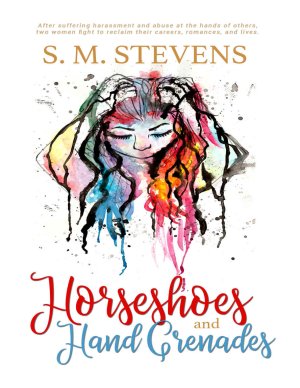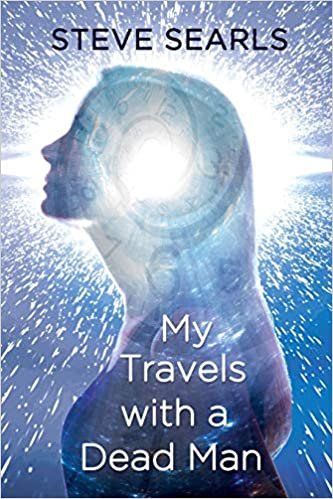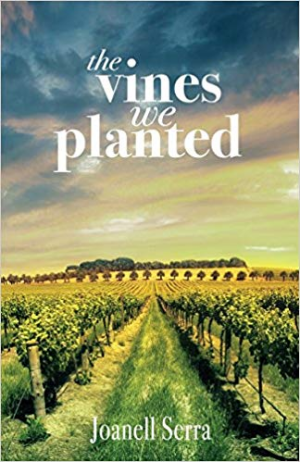Robert Peck’s Fiction is Folks was a difficult book for me to get through on my first read and an entertaining book on my second read. I’ll read it at least one more time before I’m satisfied I’ve sucked all the marrow from its pages (that odd phrasing is one of his suggestions. Such odd phrasings wake the reader up. You may not like that one, that’s fine, and learn the technique. Practice it. The technique useful even if my example is not).
My initial challenge was the reason I was entertained on my second read: Peck is homesy and folksy. He is direct, clear, honest. He’s a native Vermonter and it shows in both his prose and his examples.
An important point about his examples: most of them passed over me on my first read because this entire book is an example. He explains something and read his explanation again. It’s an example of what he’s explaining. Now look at the example he uses for his explanation. Yes, it’s an example and it contains a thread to the next example.
Also (and like most Writers’ Digest books I’ve read) he covers a broad range of topics well beyond character (the main item in this book). A partial list includes:
- Blurbs
- Plot
- Character
- Covers
- Story
- Marketing
- Structure
- Language
- Exercises
- and this doesn’t touch on the general stuff you need to know to get your work published
Greetings! I’m your friendly, neighborhood Threshold Guardian. This is a protected post. Protected posts in the My Work, Marketing, and StoryCrafting categories require a subscription (starting at 1$US/month) to access. Protected posts outside those categories require a General (free) membership.
Members and Subscribers can LogIn. Non members can join. Non-protected posts (there are several) are available to everyone.
Want to learn more about why I use a subscription model? Read More ch-ch-ch-ch-Changes Enjoy!



